The expansion of Customer Success in terms of scope led to new roles with specializations such as Customer Success Operations (CS Ops).
CSMs or even CXOs cover this function at early-stage startups. Still, as the company scales and the CS teams mature, having a separate operations role or team will be evermore essential and prevalent.
At Rocketlane, we want to actively help out organizations trying to build this function by interviewing folks in CS Ops and bringing out their stories of successful transitions into CS Ops.
For the third of this series of interviews, we spoke to Karen Werner, formerly a Customer Success Operations Manager at Kronos (now UKG) and Pegasystems. She talks about the importance of data, tools, and processes in the CS Ops function that helps companies to scale up.
Here’s the conversation between them and Sri, co-founder, Rocketlane.
. . .
Sri
Hi, Karen! Thank you for joining me. Let’s start with your thoughts on CS as a function and how companies have looked at it so far.
Karen
My first Customer Success role was in 2013 at Kronos (now UKG), which is in the workforce management and HCM space. At Kronos, they realized there was a gap between selling to customers and supporting customers, and there needed to be another role in helping customers. This role became the “seed” of a Customer Success team. Over the next few years, Kronos made significant investments in improving customer experience and ultimately hired a VP of Customer Success. She knew it was really important to invest early in a CS Operations function to support the vision of Customer Success at Kronos. I saw an opportunity to pivot. Before Kronos, I’d been in customer-facing as well as internal roles, including project management. I realized I had a really good opportunity to do something a little different and also build on the experience that I had in the past. And I think a key consideration was that the nature of what was being asked of the “new” customer success manager role had shifted. So when I started, we were generalists, trying to help customers navigate the organization, you know, bridge challenges and issues. And when there was this pivotal change, it was clear that the CSM role was changing and needed people who had more business domain expertise. I thought that with my project management skills and understanding of the organization, I could be part of this new team and help build it out. I would learn and grow and be challenged in a new way. And so that's why I made the change to CS Ops. And that's been my career trajectory for about four and a half years. And then, about a year ago, I moved to another organization in the process of expanding their CS Ops function.
Sri
When you took on the CS Ops role, how big was the CS Operations team? How mature was the team already? Were you among the first on the team?
Karen
Yes, I was one of the first to join the team. Some others were in CSM or other roles and also pivoted at the time. Our new VP also brought some people with who she’d worked with, in the past. And we all came together to form the team; we were about 12-13 people. It was a ‘Big Bang’ approach -- a significant investment upfront I think that establishing the team early on gave us a leg up towards our goals; we were well-resourced and didn’t have the kind of experience where we were constantly playing catchup with the business.
Sri
And what is the composition of the team? What did you and the others bring to the table? How do you think the team was put together in terms of skill set?
Karen
So the team had four pillars: Data &Analytics, Program & Process, Onboarding & Digital Marketing, and Training & Enablement. The Data & Analytics team included people responsible for developing and managing Gainsight. There was a data scientist who was dedicated to the team and helped to build out a predictive model and score around renewals. s. Some who joined the Ops team were originally from outside of the customer success team and were brought in because of their extensive knowledge of Kronos customer usage data and how to draw insights out of it for customers.
The Process & Program team, which I was a part of, handled program management and running projects around things like rolling out new processes and looking at what kinds of initiatives we needed to consider to support the CS team. When I started on the Ops team, my role was called ‘enablement specialist’.
Over time, we saw that what we were doing were projects, and my manager championed my teammates and me to get the role and title of Project Manager. There were always initiatives that the operations team wanted to do. And so, our focus was on driving those projects and initiatives.
As for the Onboarding & Digital Marketing team, our customer success leader understood that you need a very strong onboarding program and approach for customers. And so, she brought in someone who had experience developing that function and created a team dedicated to the strategy and execution of onboarding -- a program manager working cross-functionally and digital strategists who worked with Gainsight to deliver customer messaging.
And then, on top of the entire Ops team, there was a Senior Director who was a peer to the field-facing Customer Success directors. So that was the recipe for the CS Ops team at Kronos.
Sri
That’s interesting. Very few companies can afford the Big Bang approach, but it makes so much sense if you have the resources to go the whole hog and put the right team in place, the right programs in place. So what do you think helped you with driving initiatives, identifying the right programs to take, and, drive those initiatives within the company?
Karen
Looking back, I realize that certainly what was important is working cross-functionally. What helped me too was that I already had established new people across the organization in support, marketing, and other functions. That was something really important... Having that skill to navigate the organization, reaching out to others in my new role, and aligning the team around things we wanted to accomplish that either had impacts cross-functionally or needed time, resources, and information from other parts of the organization.
Sri
And did you sort of play on these same skills in your next role as well, when you moved to Pegasystems? Was the CS Ops definition of the role for you very similar across these orgs, or was there a shift in responsibilities?
Karen
It was different. And I think chiefly that Pegasystems was in a very different part of its Customer Success journey. When I joined, it was less mature, and it was still evolving. And at the time that I joined, there were only three individuals in the Customer Success Operations team, so it was a pretty lean client success operations team.
The profile was a little bit different. I had experience with Gainsight. And Pega was trying to create its customer success systems. And so, that piece of expertise was needed. So I brought a little bit of that. The focus of my support was in the Americas, and then ultimately, I had a counterpart who was supporting Europe and the rest of the world. So also, part it was understanding what the day-to-day or week-to-week needs of the VP of client success and directors of client success were. It could be chasing down data and information. It was less scripted. It could change a lot, day-to-day, week-to-week.
Whereas at Kronos, the difference was there was someone who already had an experience probably going through the pains and knew more about what was needed in a CS Ops function. And I think many organizations are in the position where they might have a smaller team and are learning, growing, experimenting, and sometimes making mistakes to figure out what they need to support the business. So it was a different experience than Kronos.
Sri
Yeah, it feels like the second one was more reactive in terms of the journey, and I think that's probably more common, right, where there’s a lot happening. Everyone wants their data, reports, and, you know, the processes aren't set yet. So what do you think helps people succeed in such environments?
Karen
Keep calm! (laughs) Keep calm, be adaptable, and be flexible. The one difference was at Kronos, I had already established relationships. So what's important when you're trying to establish this new organization, a lean team, and you're trying to build it, is someone willing to reach out to people across the organization, introduce yourself, and get to know people. Explain what you're doing and make connections. And I think, given my short time at Pegasystems, that was something that paid off. I was proactive in trying to do that, even outside of my team, meeting people virtually at that time and getting to know people, setting that groundwork for future relationships. And that is an important skill to have in that context. Because you never know when you might need something, or when you can help someone too.
Sri
So if you were to form the whole CS Ops team, hire people, what would you look for? What sort of combination would you go for early on? Let's say you can get like three other folks to join you on the team?
Karen
That's a good question. Because I do think it depends on the caveats. What's the company? What's their maturity? What's their product? Is it enterprise-focused or a startup? My experience is a little bit more with enterprise products. But it's an interesting question because I do see roles out there where people want their first CS Ops manager, and a lot is expected of that person! There's a lot they are expected to figure out: from systems to process to strategy to technical things. I would say two things: the person should know the company data well, knows where to find it, and the people to work with, and find it if it's not available, and be good at shaping and forming that. Because I think early on, a lot of companies do not use extensive BI tools. So if you need certain reporting, that requires a good knowledge of company data and someone who may need to spend a lot of time focusing on generating reports.
I’d also think about the onboarding and digital strategy. To improve the onboarding experience, I’d want someone who can think about it from a post-sale, customer success experience. And then a resource from marketing: someone who can think about what kinds of webinars would be good to target for existing clients, what kinds of emails to send. Someone who can help support digital communications for customers, really thinking from customer success.
And I think thirdly, you know, one thing I've experienced is important, it's really important in both areas is projects and programs, and I would say some governance around that.
So someone who can manage programs, a data person, and one for digital strategy are important pieces. Oh, and you know what, I'm going to put in one extra piece. Training and enablement—so someone makes sure that the CSMs are getting the training they need in the organization and tapping into resources and figuring out what kind of enablement they need to develop their careers as CSMs. That's an important piece that can get overlooked with early and lean teams who are already stretched, and there's often no consistent approach to it. So tack that one on too!
Sri
And in the organizations that you've been part of, do they usually involve external agencies or consultants to do the training and enablement? Or is it taken care of internally?
Karen
It was mostly taken care of internally. But I've seen organizations invest in consultations and training on different methodologies. It's beneficial for the organization to invest in external resources to help and support team development when warranted or when there just aren't enough internal resources available to do that.
Sri
Got it. So, generic question, if there's someone who's moving to a CS Ops role, from, let’s say, customer success, or a marketing team, or a data team, what would your advice to them be?
Karen
I would say, definitely make the leap! Because I think being part of shaping what works in this field is fun, exciting, and challenging. And I think that person will get a great professional experience being part of crafting something. For better or worse, sales operations and marketing operations functions are pretty set in terms of how they grow and develop and how they work. This is something that I think people can have an impact on with their careers. Be willing to jump in and wear different hats, and be curious, adaptable, and flexible. And in these kinds of up-and-coming functions, having a really good collaborative team that works well together is something that's really, really important. And I was lucky to experience that. Because even if things get challenging or tough, if you're a good team player, it just makes everything better. And I think that's important in developing new operations functions.
Other helpful skills are experience working in a customer-facing role and empathy and understanding for the customer. Having at least one person on the team with that experience of direct empathy and understanding will make a big difference in CS Ops.
Sri
And you've worked with different directors and heads of customer success across orgs. What learnings do you have from people leading CS Ops teams in terms of what works to set the team up for success?
Karen
What works for customer-facing leadership or managers or directors is that that person works very closely with and is aligned with customer success directors or anybody leading teams of customer success managers. I think it's important for that person to work very well with those functions. They should listen to the team regarding what they are seeing, experiencing, and feeling; what they feel is needed, and to push for resources or break down boundaries or issues in the organization that your team members may not overcome themselves.
Sri
Awesome, this was great, Karen. Thanks again for joining me in this conversation.
Read next
- ‘Empathy is key to succeeding in CS Ops’: Phil Hart and Asia Tillotson, Goodlord
- Hiring and Building a Solid CS Ops Function: Asaf Klein, AppsFlyer
- Building A CS Ops Function From Scratch: Arundhati Balachandran & Saranya Narayana Swamy, Chargebee
- Transitioning to a CS Ops Function: Interview with Jennie Li & Allastair Meffen, Definitive Healthcare


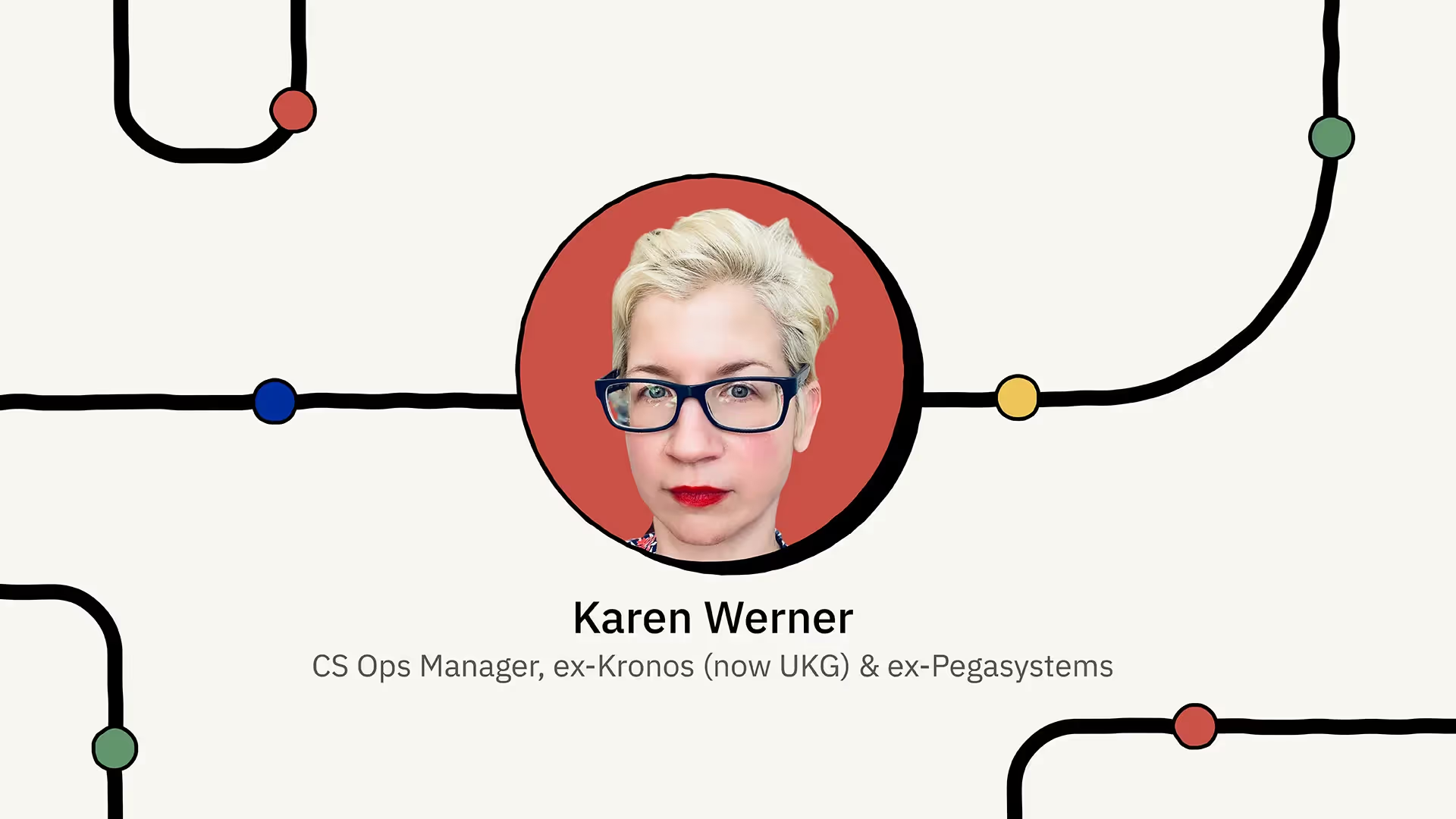


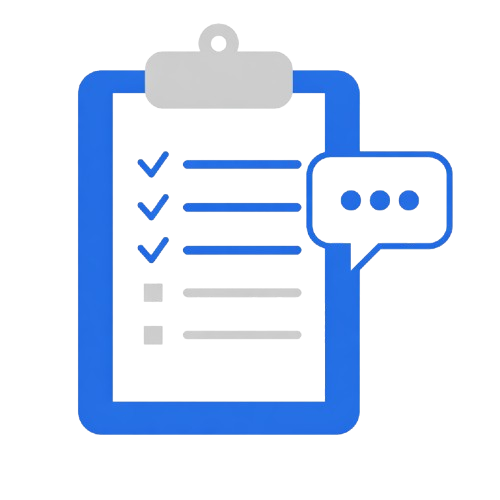


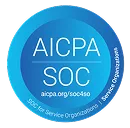
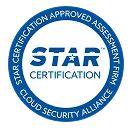
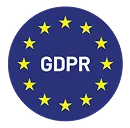
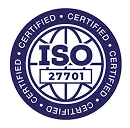









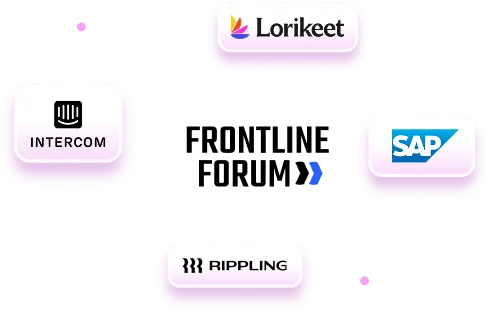
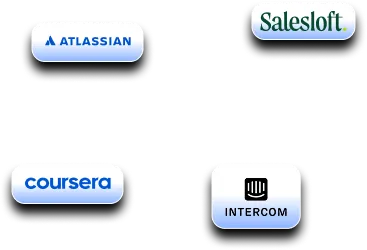
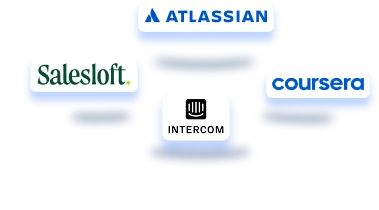

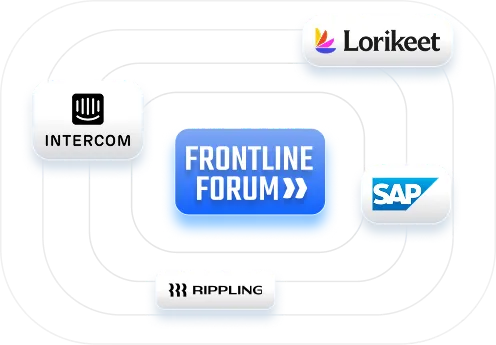
.webp)